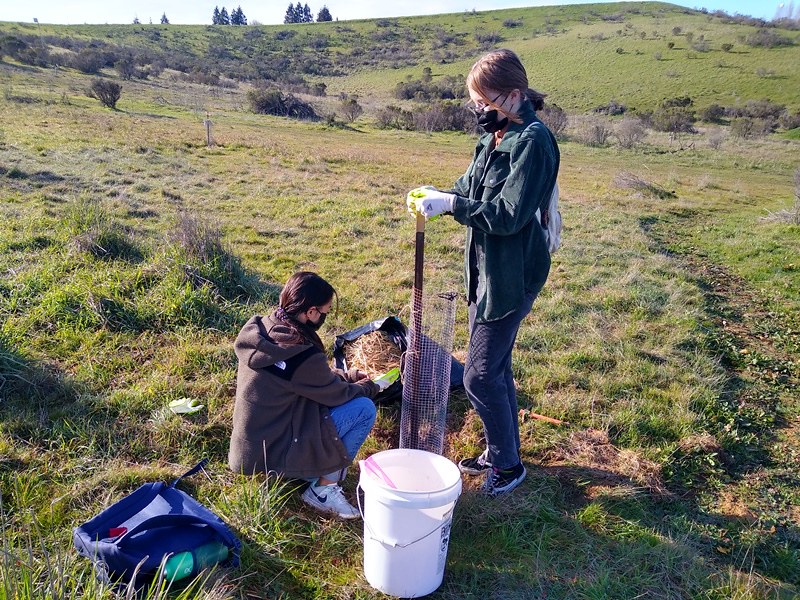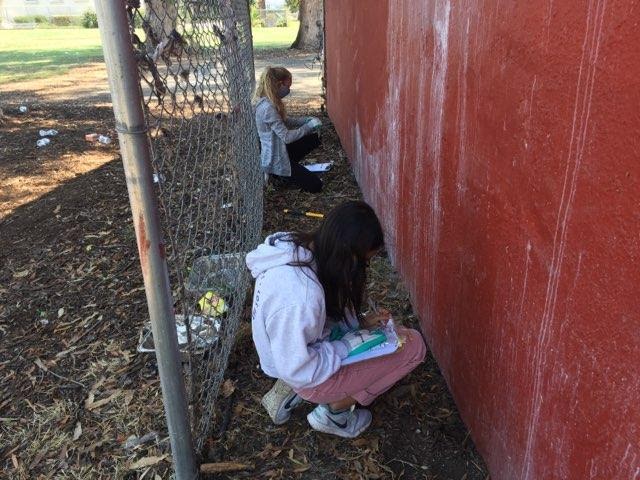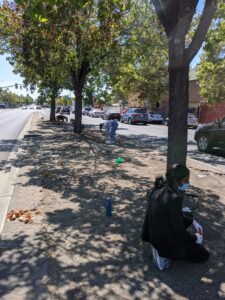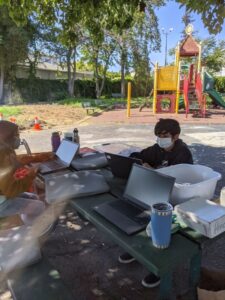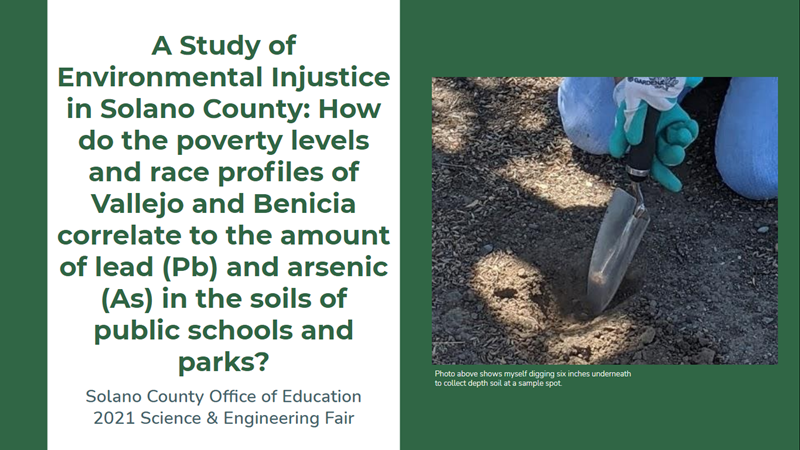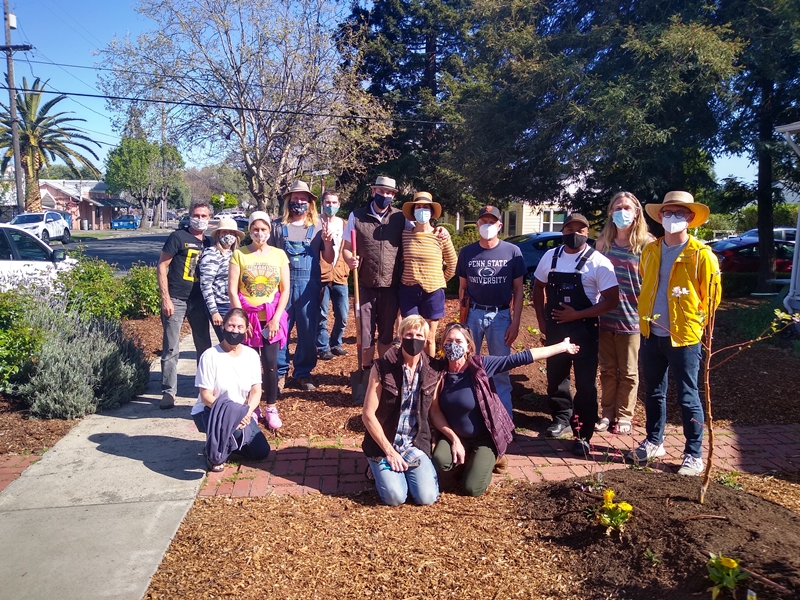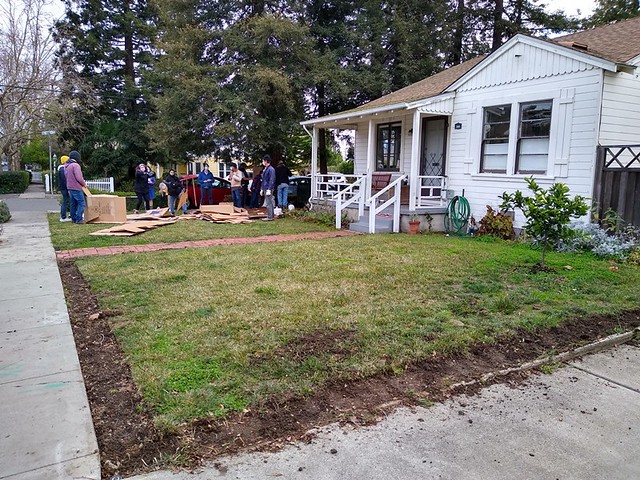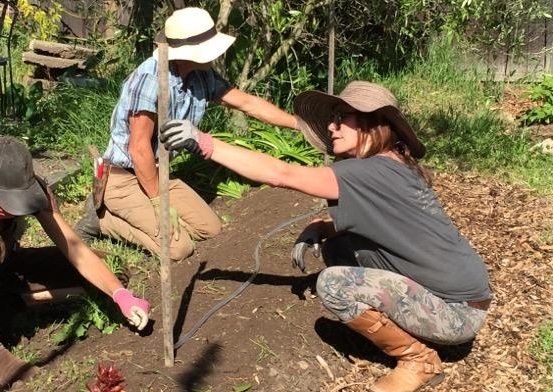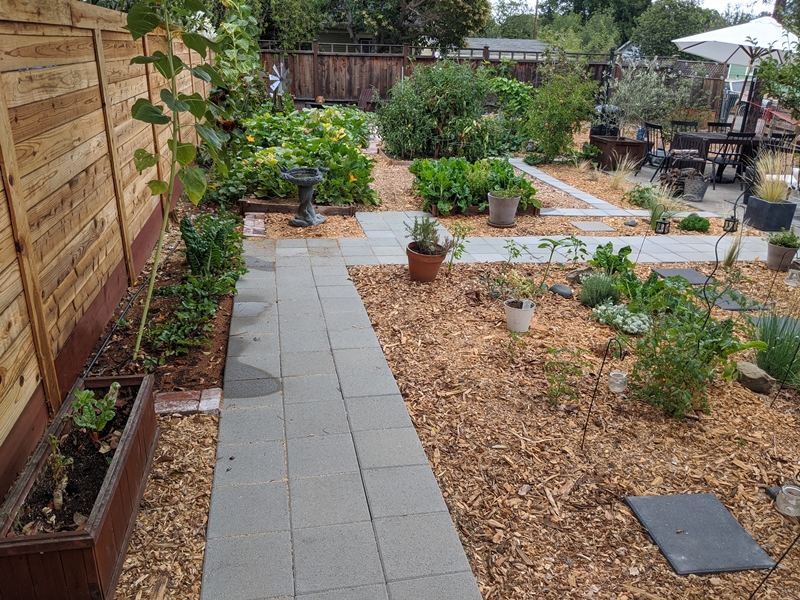Youth Environmental Leaders Seek to Shape a Better World, Starting at Home
By Allison Nagel, Program Manager
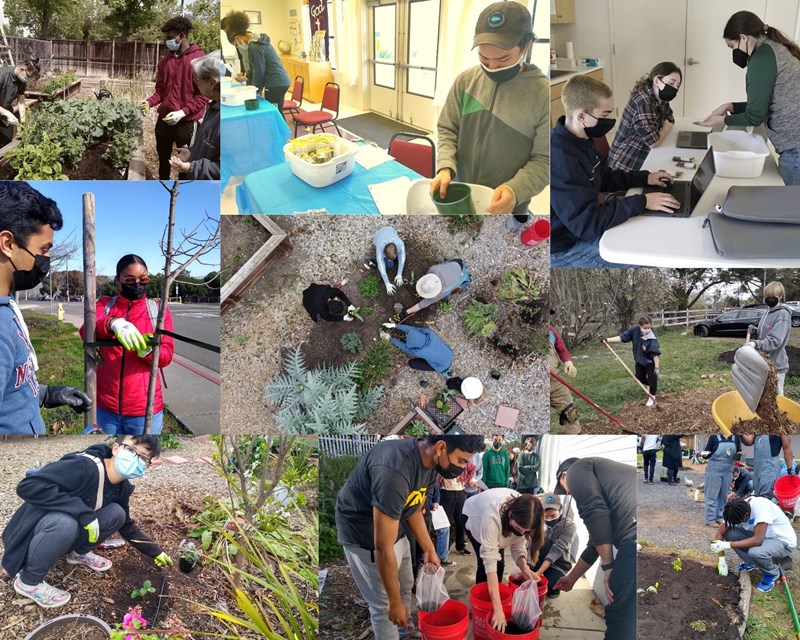
Environmental challenges and environmental justice issues can be overwhelming when first encountered. We are often left with a sense of hopelessness — we have a desire to do something, but not knowing quite what to do.
People often say the future lies in the hands of the next generation. That today’s youth will need to shape change and address environmental issues that previous generations have neglected or worsened.
That’s a heavy load to lay on the shoulders of youth — an unfair burden. But I am heartened by Solano youth who have taken it upon themselves to shape change, starting within their own communities.
We’ve just completed SuSol’s first two Youth Environmental Leadership Fellowships. The program delved into environmental and social justice issues faced by the world today and looked at environmental and health challenges within our own communities.
The high school students who participated in these programs are thoughtful, conscientious people who see the challenges ahead and are eager to find ways to improve themselves, their communities and the world. They are ready to meet those challenges and move beyond to a world that works for everyone.
Fellowship participants started with the foundation of Pachamama Alliance’s Awakening the Dreamer program for a global perspective, studied the One Planet Living framework for a systemic approach to sustainability and principles that can inform personal actions as well as organizational decisions, and then studied local environmental data to drive conversation around what the challenges are within our own neighborhoods and wider communities.
The Fellowship participants also came together for hands-on workshops that offered some research experience and personal connection with mitigation projects, from trees that cool our urban landscapes and improve air quality, to community gardens that make our landscapes more environmentally friendly and our food supply more stable.
They drew on what they had learned and their own interests and passions to create public presentations that addressed specific challenges and some of the individual, community and policy actions that could be taken to address these. Presentation topics (click on the links below to see the slides from each presentation):
- Lead and Arsenic Contamination in Benicia Soil
- The Plastic Problem
- The Importance of Proper Tree Care in Benicia
- The Delicate Balance Between the Economy and the Environment
- Mercury in Solano County Water
- Biodiversity and Native Species
- Food Insecurities & Drought/Heat (website) (screenshots)
- How Climate Change Affects Food Insecurity Rates
- What We Can Do About Droughts and Climate Change
- Unworldly Heat
Seventeen participants completed the Fellowships this April. We were grateful for the partner organizations and funding agencies that made these Fellowship programs rich and meaningful.
I want to offer special thanks to Alli McCabe, a Benicia High School student who volunteered her time, insight and community connections to help develop, promote and support the Fellowship program.
In Benicia, where there were 13 participants, organizations gave of their time and expertise to support the hands-on activities of students in this program. The Benicia Tree Foundation led two tree planting and tree care days, one at the Lake Herman Open Space and one for a tree planting project at Matthew Turner Elementary School, which opened its campus for the project and even had students who were passionate about trees there to plant with the Fellowship participants. The EBAYS program (East Bay Academy for Young Scientists) through Lawrence Hall of Science led the participants in how to collect and analyze soil samples and how to interpret and share the results. We had Benicia Council Members Lionel Largaespada and Christina Strawbridge and the city’s sustainability coordinator join the group for one of their meetings for a discussion around the environment and civic action. Ron Kane supported tremendously as a program volunteer, and we’re grateful to Republic Services, which provided lunches for each of the hands-on workshops. The Benicia program was funded through the second amendment to the Valero/Good Neighbor Steering Committee Settlement Agreement.
The Central Solano program had four participants. We are grateful to Solano County, which supported the Fellowship through the Solano Gardens program. Two of the hands-on workshop days for this Fellowship were held at Parkway Plaza, a retirement home in Fairfield. It was moving to see how the youth participants connected with the residents while helping with the garden. Vacaville City Council Member Michael Silva joined one of the group’s meetings to discuss making your voice heard in local government decisions. Solano Gardens Program Manager Michael Wedgley led informative planting sessions for this group and led both Benicia and Central Solano participants in a soil biology workshop at the Benicia Community Orchard. Sustainable landscaper Scott Dodson provided guidance and plant knowledge during the Parkway Plaza workshops for the Central Solano program, and Sylvia Herrera connected one of the students at Armijo High with the garden program for her hands-on activities.
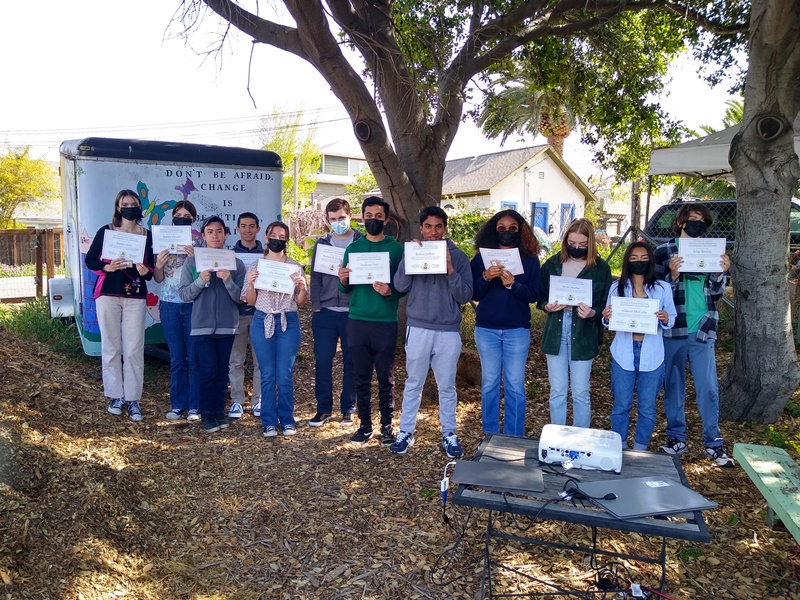
Benicia Fellowship participants
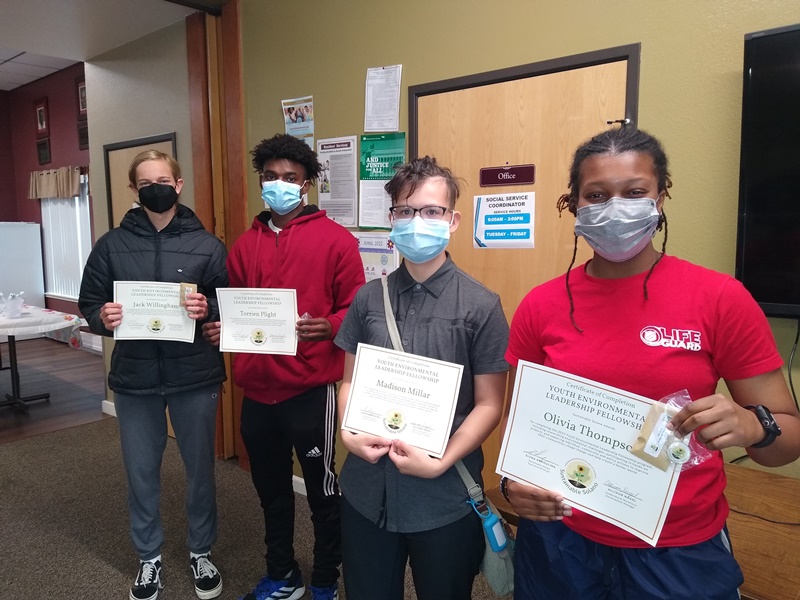
Central Solano Fellowship participants
Through these Fellowships, I was able to learn a lot about what creates meaningful experiences for our youth participants and what could be improved. I appreciate all of the passion and dedication that participants in both of these groups displayed in their commitment to the program. I know how busy many of the participants were, but they carved time out of their schedules for weekly online meetings and the hands-on workshops and final presentations.
This experience will help to shape how Sustainable Solano will engage high school youth going forward. We plan to base future internships across our different programs on the foundation of the Fellowship activities that grounded us in looking at global and local environmental challenges and actions we can take in our own lives, in our communities and in advocating for policy change.
Many of the Fellowship participants asked about ways to stay involved and active around the environmental issues that speak the most to them. We are inviting those Fellowship participants who want to continue their involvement and dedication to a better future to help us create SuSol’s Youth Leadership Council. This council will give Solano youth an ongoing voice around youth engagement within the organization and to step forward as changemakers within their communities.
I look forward to sharing more with you as the council takes shape in the coming months.

